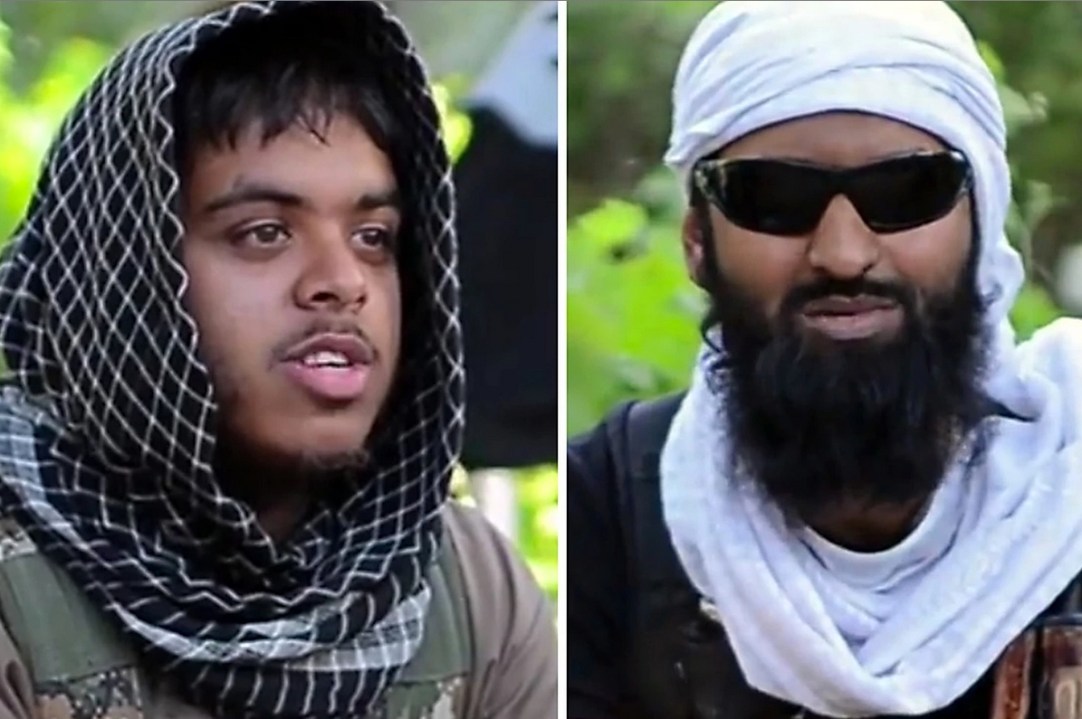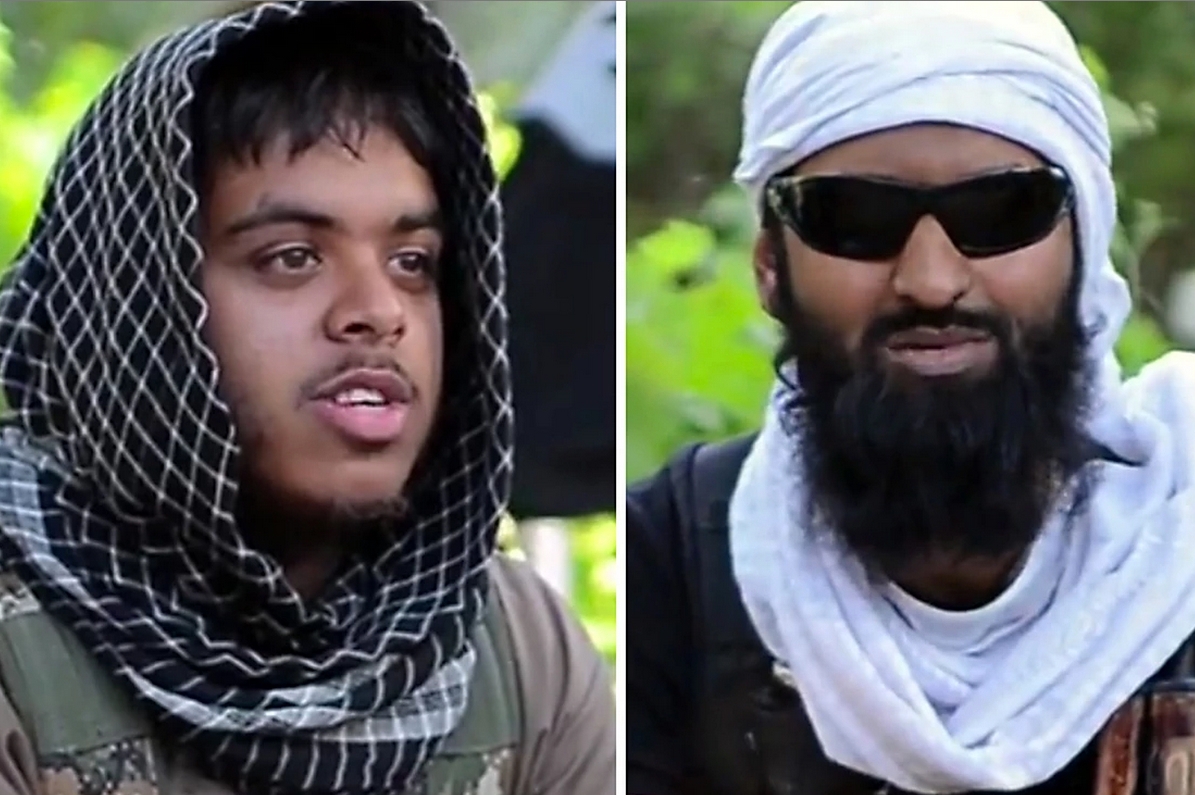With the drone killing in Syria of Reyaad Khan and Ruhul Amin, Britain joins an exclusive club. Only Israel and the United States publicly admit to carrying out targeted killings – assassinations – away from the hot battlefield. Yet as both of these nations have already found, a single killing today can lead to a conveyor belt of death further on. The challenge for the UK is whether it can do things differently.
Israel targeted and killed hundreds of alleged militants in the West Bank and Gaza during the Second Intifada using snipers, booby-traps and drones. Indeed it was Israel which coined the term ‘targeted killing’ – a more palatable euphemism for state-sanctioned hits. Tel Aviv had always clandestinely assassinated its enemies. But this was something new: publicly-acknowledged, pre-planned killings away from any internationally-recognised battlefield. So novel was this approach back in early 2001 that the IDF’s Chief of Staff had to ask his lawyers ‘Is this legal?’ The Supreme Court would eventually rule that it was – in certain circumstances.
Yet as the Israeli programme escalated, even those at the heart of the national security programme had their doubts. As former Shin Bet chief Ami Ayalon notes in the movie The Gatekeepers: ‘When you start doing it en masse, 200, 300 people die because of the idea of targeted assassinations, suddenly the processes become a kind of conveyor belt. You ask yourself less and less where to stop.’
The US carried out its first drone assassination back in 2002, killing six Al Qaeda-linked men on a desert road in Yemen. It would be two years before the CIA struck again, this time killing a mid-level militant in Pakistan’s tribal areas (an act of clientism for the country’s then-dictator General Musharraf, as it happens.)
But slowly, surely, the number of US drone assassinations rose. By the last year of George W. Bush’s presidency, there were 38 strikes in Pakistan. Two years later Barack Obama carried out 128 targeted killings there, while further expanding America’s secret drone wars to Yemen, Somalia, Libya and beyond.
Altogether, more than 3,500 people have reportedly been targeted and killed by the US in the past 13 years of covert drone strikes, according to the Bureau of Investigative Journalism. Of these, 500 or more were most likely civilians. In the words of counter-insurgency specialist Major David Kilcullen, their ability to provide tactical victories while keeping boots off the ground was ‘making the drones as addictive as catnip’ to the Obama White House. While there’s no doubt these strikes resonate strongly with the public, their long-term effectiveness is another matter – and remains a source of intense debate at the highest levels of the US defence and intelligence communities. Those same debates will now be taking place in Whitehall and Vauxhall.
Can David Cameron’s government avoid the path to drone addiction? In his House of Commons statement on Monday the Prime Minister mentioned only Syria. Yet his comments were less about the killing of two renegade Brits on the streets of Raqqa than the announcement of a wholesale policy shift. After all, the UK could have asked US-led Coalition forces already operating above Syria to kill Khan: few would have batted an eyelid.
Instead, the Prime Minister was saying that from now on, the UK reserves the right to kill any terror suspect it chooses, in any state unable or unwilling to take action against them.
Yet there were also signals that the UK plans to do things differently. Both Israel and the US have kept their drone killings away from the battlefield, wrapped in layers of state secrecy. One reason the CIA runs America’s programme is to block any effective federal court scrutiny. In the UK, the regular RAF will carry out any drone killings, under MoD orders. British and European courts are less likely to be scared off by pleas of national security when asked to consider the lawfulness of such operations.
Then there was David Cameron’s bold self-referral of the killings in Syria to the UN Security Council. Both the US and Israel have aggressively pushed back against any UN engagement on targeted killings since 2001. The UK is positively inviting it. Among the other permanent members, both Russia and China are publicly opposed to targeted killings away from the battlefield. France’s position is less clear. This could yet prove the biggest gamble of the Prime Minister’s shock announcement.
Chris Woods is the author of Sudden Justice: America’s secret drone wars and is the director of Airwars.org, which tracks the international Coalition’s fight against Islamic State.







Comments